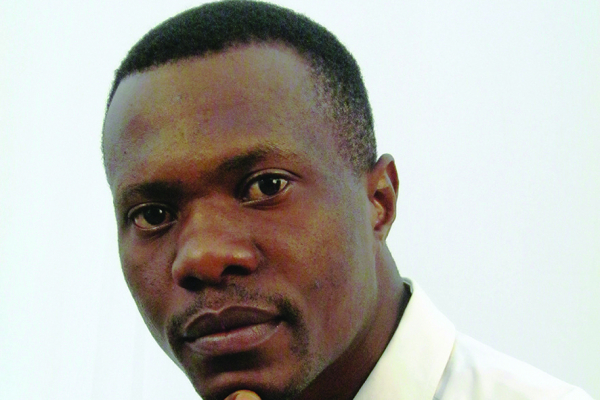
THE Supreme law of the Republic of Zimbabwe, namely the Constitution, places squarely on the shoulders of the government the obligation to defend and protect the rights of citizens from harm and abuse. Not only should the government protect citizens, it is obligated to bring to book those who violate the rights of others.
It is legally known that citizens are vulnerable on their own; they can be exposed to criminal elements posing as legitimate officials of government; they can be kidnapped and taken advantage of. In any republic, constitutionalism should reign supreme.
Alone, people can be defrauded and robbed of their possessions and properties hence the law in general and the Constitution in particular captures the quintessence of government’s obligation in its 44th Chapter, fundamentally listing a cross section of the freedoms to be enjoyed by people and which must be protected, defended and respected by the government. The citizenry should have the State institutions as a citadel and a refuge from malcontents.
It must be made abundantly clear that the onus is not on citizens to be each other’s keeper. The obligation does not fall on non-governmental organisation (NGOs) to defend the rights of citizens. The onus is fully on the government, through its arms, to ensure that the safety of citizens from harm is guaranteed.
No person may be imprisoned or detained on the basis of holding a contrary political view. No individual may be forcibly taken against their will and tortured, with the perpetrators not being made to account. Justice must be pursued in any case involving the gross violation of human rights as is becoming the norm.
The recognisable cases in the recent past involve former Zimbabwe Hospital Doctors Association president Peter Magombeyi and more recently the MDC trio of Harare West MP Joanah Mamombe, youth leaders Netsai Marova and Cecilia Chimbiri.
We have incessantly heard of theories of the kidnappings being stage-managed or a third force being behind the wanton abductions witnessed in recent incidents in the country. The purported aim of these forces has been identified as to tarnish government image. It is a good thing that the State may have seen through the need to protect its image internationally.
It follows logically that the State has a critical mandate not only to defend citizens but more importantly to expose the third force and those stage-managing the abductions.
- Chamisa under fire over US$120K donation
- Mavhunga puts DeMbare into Chibuku quarterfinals
- Pension funds bet on Cabora Bassa oilfields
- Councils defy govt fire tender directive
Keep Reading
Legally, it is imperative for a victim of someone’s criminal actions to act timeously when their name is being soiled. This concept has some similarity with the doctrine of estoppel in law which prevents a person from denying a particular fact due to the person’s actions, conduct, statements, admissions or failure to act against the person in an identical legal case.
It is indeed incumbent upon the government to fight and expose the marauding third force. This would be a protective measure for the government without which the continual human rights violations so rife in the country would constitute own goals for the government.
The very nature of the recent kidnappings of the MDC trio after a protest in Harare’s Warren Park high-density suburb is, from the versions provided, not without possible leads. The current events and the way they have been handled cast a dark shadow on the integrity of the government in its entirety, inclusive of its arms.
It would be restorative of hope to at least hear news to the effect that the police have found a lead and some people are assisting with investigations. As it stands, the international community at large views Zimbabwe as intolerant of human rights and as an administration which strives to obfuscate the true facts of the violations.
The sacking of former Information junior minister, Energy Mutodi, was, to many, long overdue and a commendable step as the sycophant evinced idiocy of the first order through mindless comments unbefitting of his office. But it must be grasped that more is necessary in such instances. The matter cannot end with the sacking of an irrational junior minister but the government must go a gear up to protect its image should this third force really exist.
Failure to fight and expose the third force, as captured in the legal estoppels doctrine, prevents the State from denying the allegation of its involvement. The ending of kidnappings and human rights violations ought to be done in truth and in spirit and not merely vocalised.
The lackadaisical approach towards exposing the perpetrators of these violations may give rise to more violations of human rights and in the eyes of the world, Zimbabwe is likely to remain an outcast.
Constitutionalism must be seen to be followed if Zimbabwe is indeed going to be recognised as a republic.
There must be closure to the numerous cases of unaccounted for abductions.
Learnmore Zuze is a legal officer. He writes in his personal capacity.











